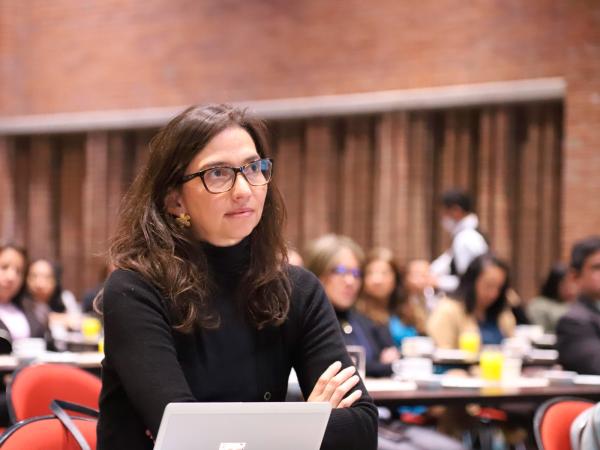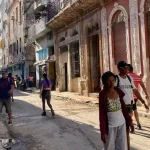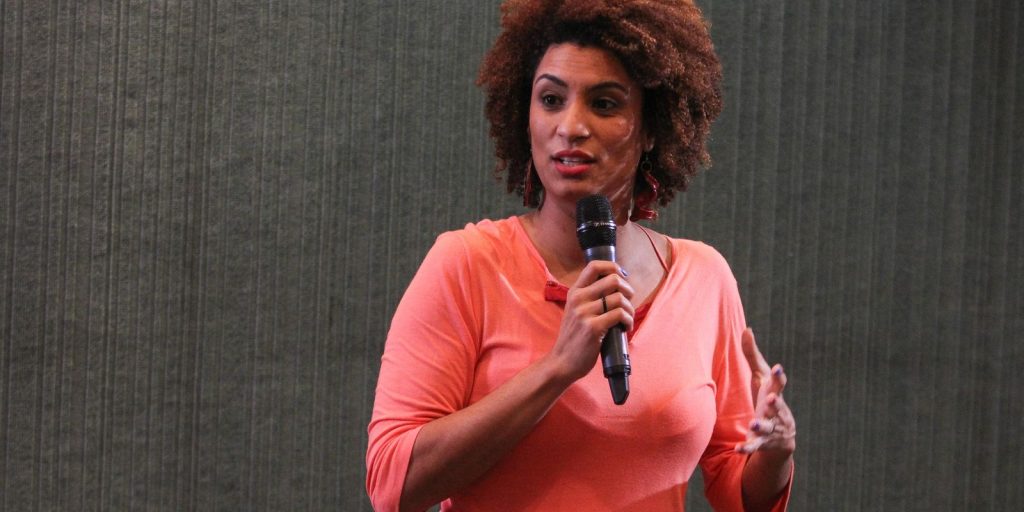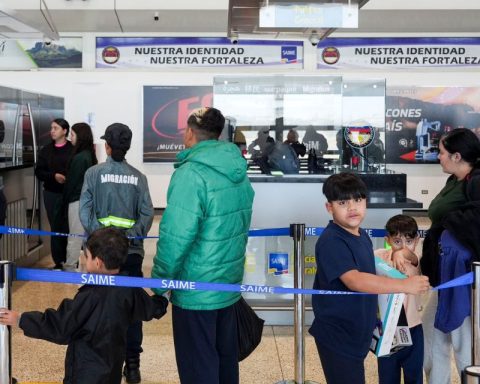Currently, Bogotá is facing a panorama of economic slowdown and the need to advance in the different fronts of work that the city has active, among them the Metro, are leading to that the District Treasury becomes increasingly innovative in order to obtain the money it needs.
In an interview with Portafolio, the Secretary of the Treasury, Ana María Cadena, spoke about the state of tax collection, the alerts about false invoices sent to taxpayers, the debt quota project that will begin to be discussed in the Council, the budget harmonization that is being worked on, and gave details of the process they are working on to design a new tax structure.
How is the borrowing limit going?
The previous administration had a total debt quota of $17.1 billion, but it is important to clarify that this is not the level of debt that the city has. The quota is one thing and the effective debt is another. Currently, the debt balance is $10.1 billion, which is more or less 2.4% of Bogotá’s quota. This means that we have room for a higher level of leverage without compromising the sustainability of the debt.
More information: Women and young people are the most affected by job losses
Although this administration will not have the same levels in terms of the debt quota, we are thinking and have raised the need to leverage some of the resources that the District Development Plan has proposed through a new debt quota.
How is the atmosphere in the Council?
Let’s start from the fact that the new quota that we would take to the District Council, to which would be added some balances that have not yet been executed from the previous quota, from the year 2022, would be around the total quota close to $9.6 billion, but it would really be $8.6 billion of the new quota, and more or less $1 billion from the previous agreement that has not yet been committed.
Panoramic view of Bogotá.
THE TIME file
In terms of the environment, we must say that we play by the rules we have. This new quota that we are proposing perfectly meets the indicators of the law. So the Council is clear that when we discussed the development plan, we made it clear that part of the financing was intended through a new quota.
What are the investment priorities?
Based on what we presented in the investment plan that was part of the District Development Plan, I would highlight four elements in terms of these priorities. First, strengthening the security policy, betting on a very significant increase in the security budget, but not only the budget of the Security Secretariat, but an increase for the coexistence managers, for the public space, which we understand as a fundamental element.
Second, economic reactivation, both from an economic development perspective and from an infrastructure perspective. We have recently seen a very clear interest from the mayor in advancing the works, injecting resources and increasing efforts in this regard, as is the case with housing subsidies, with which we want to reach 75,000 subsidies. Along with this, we are thinking about adapting to climate change and maintaining social investment.
Read also: Usury rate: what is the maximum interest rate you can be charged on bank loans?
How is the collection going?
Well, we have already collected $11 billion, that is 73% of the projected goal for this year, the goal for this year is $15 billion and in this we must keep in mind that there are still dates in effect in the tax calendar and with that in mind we are betting on being able to achieve the goal we set for ourselves.
Tax relief has been important in this regard, because more than 20,000 people have paid their taxes in Bogotá, which is very important. We have collected nearly $40 billion through this means, and in this sense, I think it is worth remembering that those who can benefit from these reliefs have an 80% discount on interest and pensions when they pay 100% of the capital owed.

Ana María Cadena, Secretary of Finance of Bogotá.
Courtesy – Hacienda Bogotá / API
Could the slowdown affect?
We are monitoring the city’s recovery and we are focusing on all the signals that are being emitted. Having said that, we must remember that at one point it was thought that there would be no growth, but there is growth and Bogotá has a growth slightly higher than that of the nation. This does not give us the feeling that everything is fixed, but that we are improving.
What’s coming to the future?
I believe that we are at a point in time in which we are aware of the difficulties facing the city, with a firm decision to work to overcome them. We have a clear work plan so that the economy can really respond to incentives in terms of injecting resources into key sectors, in terms of generating opportunities, incentives for formal employment, for the formalization of companies.
Other news: Puntored announces investment of nearly US$2 million from Stellar Development Foundation
We will now begin, as defined in the Development Plan, with the formation of a commission of experts, which we will have, to present to the city next year a new tax structure that has two purposes, greater progressivity and greater competitiveness for the city.
What is the status of the harmonisation plan?
We already had the approval of the first debate on budget modification and harmonization in the Finance Committee. It was a very enriching debate. We brought a proposal to reorganize resources to the district budget for 2024 for $473 billion and to make modifications in peace for $217 billion.

Taxes
iStock
Some resources that were limited in one entity are moved to another where we find that they have a greater impact. Things are moving well, the discussion was very productive and we managed to approve those proposals that have three fundamental objectives, starting with strengthening social policy in sectors such as education, health, social integration, and culture.
We also want to increase investment in infrastructure, as we have already mentioned, to stimulate the economy and finally, increase investment in security, which of course is one of our main flags.


















